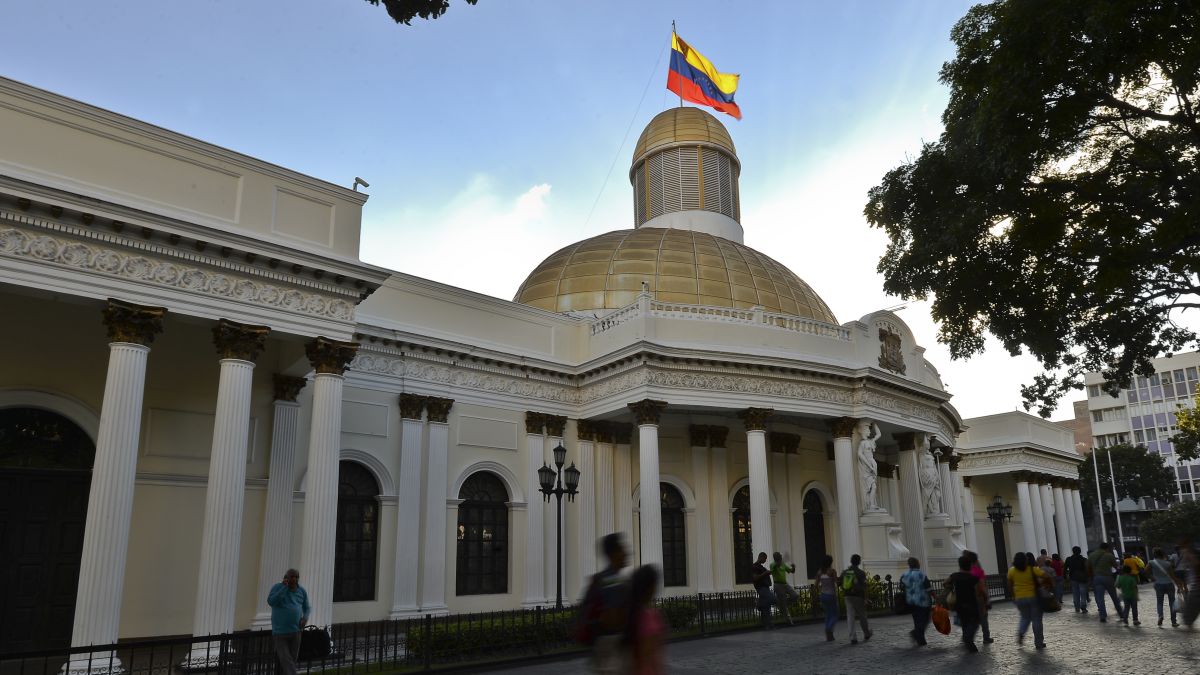
(Energy Analytics Institute, 6.Dec.2020) — Venezuela’s National Assembly leader and Interim President Juan Guaido could be coming to the end of his short two-year reign this 6 December 2020 as the country its holds parliamentary election and selects a new leader to preside over the institution.
Decisions by numerous factions of the opposition to boycott the election mean it is unlikely they will retain control of the National Assembly; thus, paving the way for an almost certain ruling party victory.
While the call to boycott the election has been justified by the opposition, which has collectively called it a fraud, it doesn’t change the fact that the ruling party will likely take over the assembly at least on the ground.
What’s more important is whether the US and other international countries recognize the election result or continue to recognize Guaido as the head of the assembly and his post as interim president. Whether it’s Guaido or some other opposition leader, it is all the same as the game is basically Nicolas Maduro & Company versus the opposition.
“Our goal for Venezuela is a peaceful, democratic transition through free and fair presidential and parliamentary elections,” Michael G. Kozak, Acting Assistant Secretary of State for the Bureau of Western Hemisphere Affairs said recently.
A ruling party victory could pave the way for the oil and gas deals to be approved with a stamp of approval from the National Assembly, which is not the case now.
Guaido — despite seeing a decline in his support since early 2019 — still garners a 25.4% popularity rating, according to an October 2020 opinion poll of 500 individuals conducted by Datanalisis.
Other opposition leaders garnered lower ratings including: Maria Corina Machado with 21.4%; Leopoldo Lopez with 18.2%; Henrique Capriles R. with 14.6%, Henri Falcon with 7%. The opposition is divided among factions that favor boycotting the election, others that favor military intervention and others favoring negotiations. A truly divided opposition.
Another candidate option that doesn’t figure into the Datanalisis poll is Claudio Fermin, a 70 year-old black political veteran and sociologist professor who lost a bid in the election in 1993 for AD, announced Soluciones Para Venezuela candidate Carlos Rossi.
“Our strategy is a reconciliation approach for the middle ground,” Rossi told Energy Analytics Institute (EAI).
“We acknowledge that the combative street battle was lost, be we also acknowledge that only a middle ground policy like Mandel, Aylwin, Walesa and Chamorro will work because in all the cases revenge was of the table and so was provoking a Civil War,” said Rossi, also the President of Caracas-based consultancy EnergyNomics.
“A reconciliation strategy may not be epic or even sexy, it doesn’t get headlines. But, under the circumstances it’s the right thing to do,” Rossi concluded.
__________
By Piero Stewart. © Energy Analytics Institute (EAI). All Rights Reserved.

